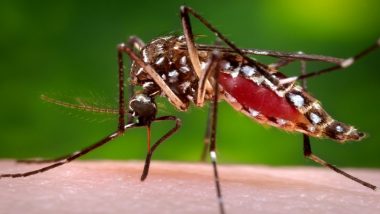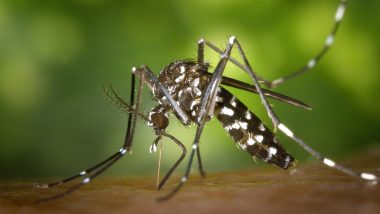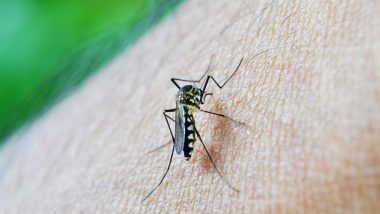Hyderabad, July 13: Dysfunction of mitochondria, powerhouse of the cell, might be one of the reasons for the decrease in platelets, a condition manifested in dengue patients, a study by researchers of the University of Hyderabad (UoH) has suggested.
Mitochondria is a powerhouse of the cell contributing most of the energy and also required for platelet production and other purposes, Professor Naresh Babu V Sepuri, Department of Biochemistry, School of Life Sciences, UoH, said. This study suggests mitochondrial dysfunction might be one of the reasons for the decrease in the number of platelets that results in thrombocytopenia, a condition manifested in dengue patients," a UoH press release said on Monday.
It was carried out by Musturi Venkataramana (Department of Biotechnology and Bioinformatics) and Sepuri in the university and the outcome reported recently in the Journal of Virology', the release said. If mitochondria was damaged, most of the cellular functions would be affected. That was why platelet production also may be reduced because of the mitochondrial dysfunction in the dengue virus-infected patients, Sepuri said.
Our finding is, one of the dengue virus protein entering the mitochondria causes damage to it. That may be leading to platelet reduction, he said. Interestingly, Ramana and Sepuri have identified that the SARS Covid-2 virus-encoded non-structural proteins also have mitochondrial target sequence and have the potential to interfere with mitochondrial functions, it said.
The UoH researchers' identification of the first mitochondrial matrix protein being targeted by a human virus in dengue virus infection may strengthen the fight against human viruses, including COVID-19, the release added.
(This is an unedited and auto-generated story from Syndicated News feed, LatestLY Staff may not have modified or edited the content body)













 Quickly
Quickly




















